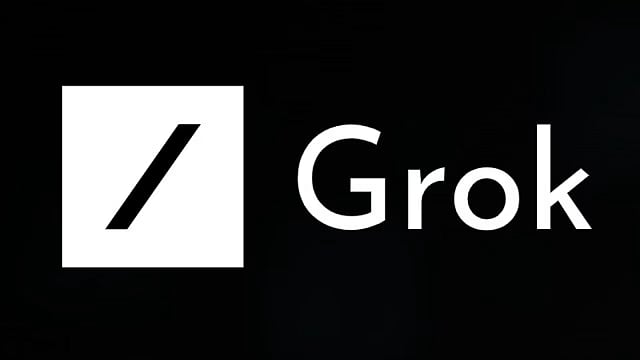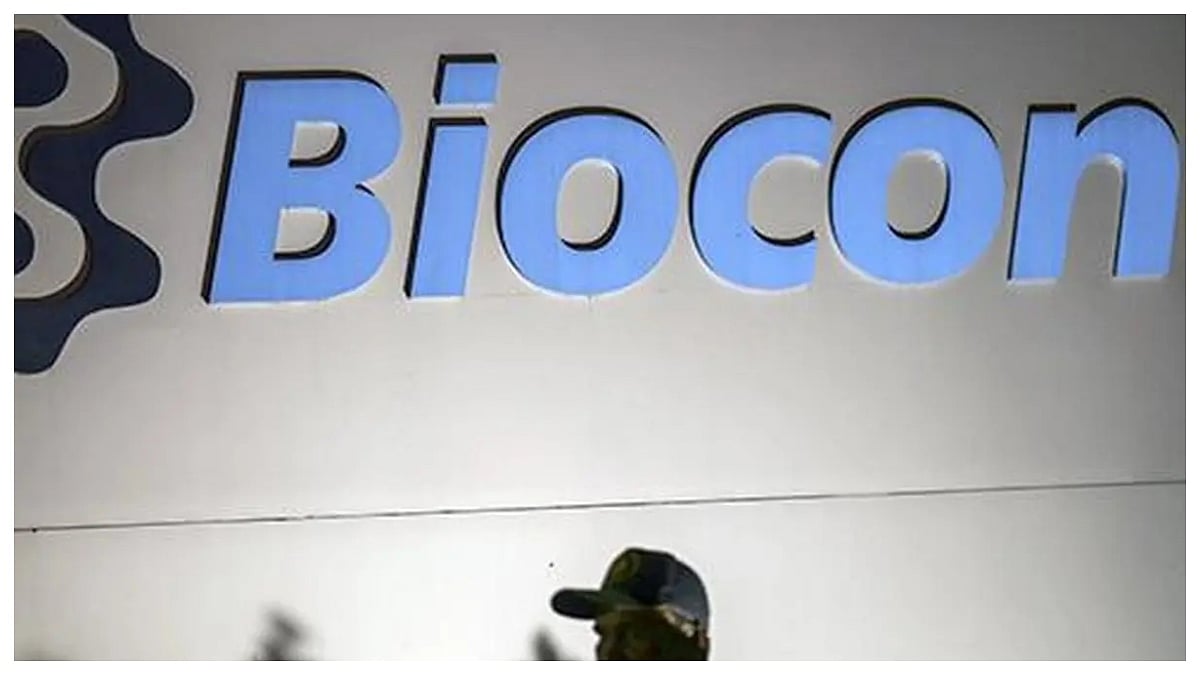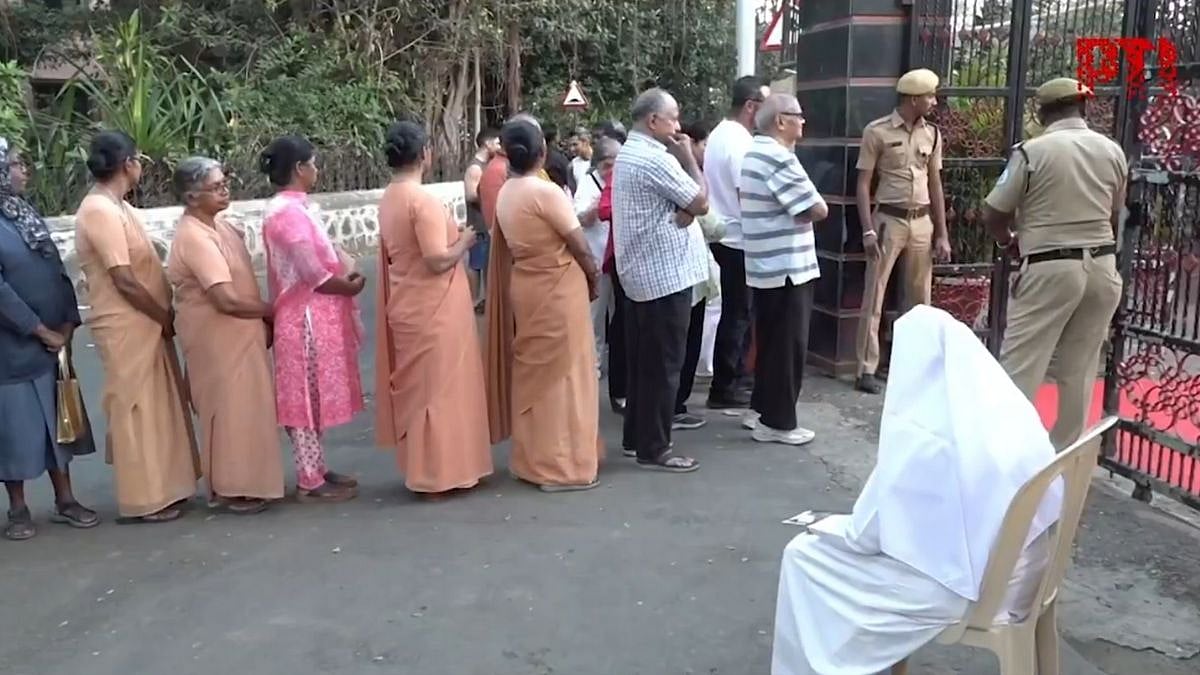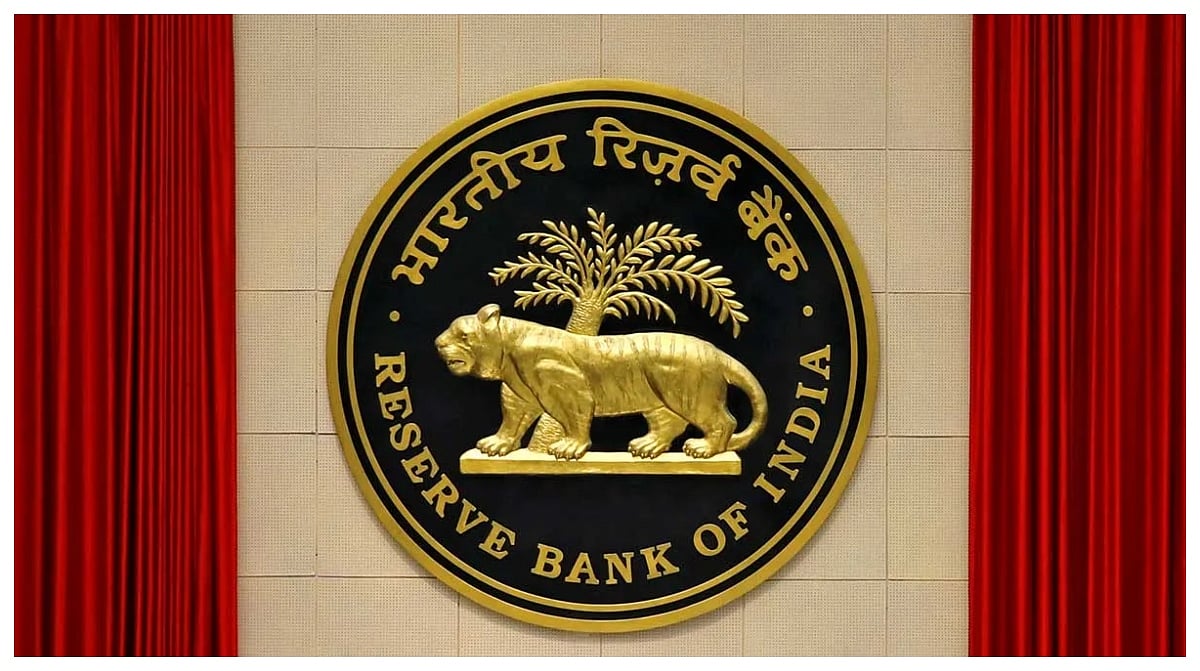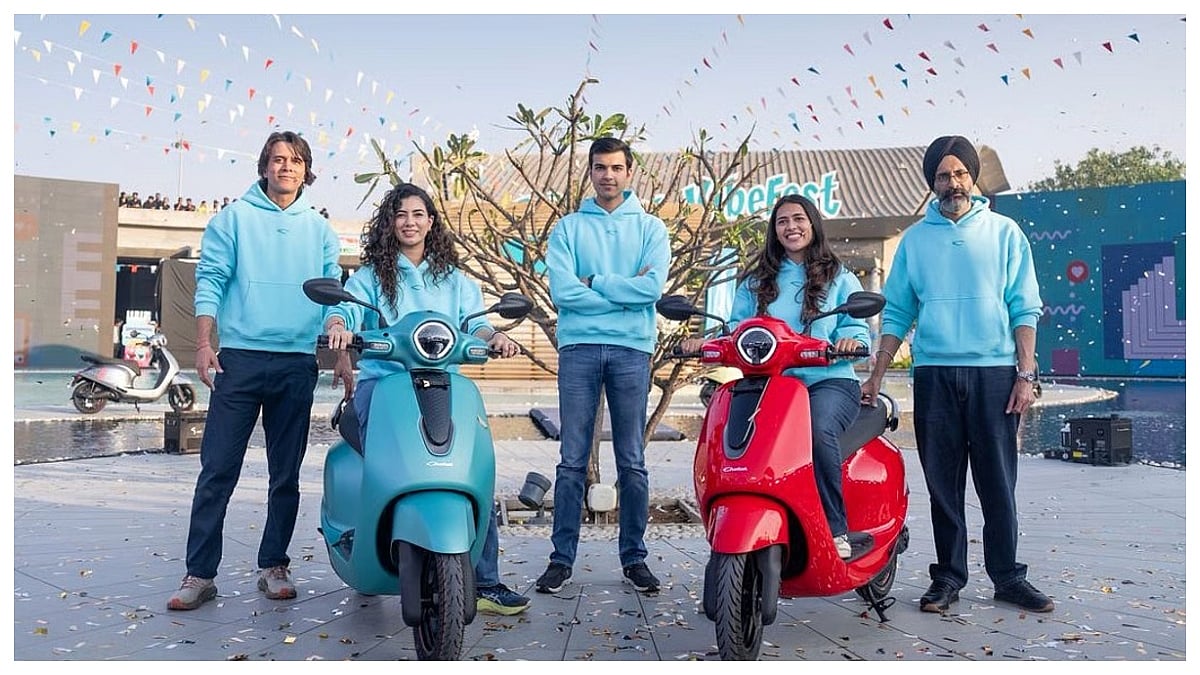Despite being a growing economy and a bright spot amidst a recession, India is home to almost 10 lakh acute malnourished children. It has been ranked 107th among 121 countries on the global hunger index, despite being the world's fifth largest economy. To address this pressing issue food delivery giant Zomato's NGO Feeding India is deploying AI to make sure that children get adequate nutrition from meals served at schools.
Data driven solutions
The startup's food security arm has joined hands with the Government of Maharashtra and UdyogYantra, to pilot the project at a state-run Ashram School for tribal children in a remote village of the state. The device backed by smart vision, scans nutritional quality and compliance of meals as part of a pilot project in Etapalli village of Gadhchiroli district. By monitoring BMI of the children regularly and looking for signs of malnutrition, the device has already improved quality of the food and led to enhancements in quantity as well.
Driven by data, the administration has been able to provide a malt-based supplement which can meet the nutritional demand in the aspirational district.
Plugging a systemic loophole with tech?
Following a hiatus during the pandemic, schools in Maharashtra reopened classrooms last year, but mid-day meals were affected by lack of raw materials and glitches in the procedure. The teachers' association in the state had also approached the Directorate of Primary Education with the problem, when two districts had told schools to make their own temporary arrangements.
The government had hired an agency last year to check the quality of food in midday meals. But in this year's budget, lesser funds were allocated for the meals served to children at government schools.


